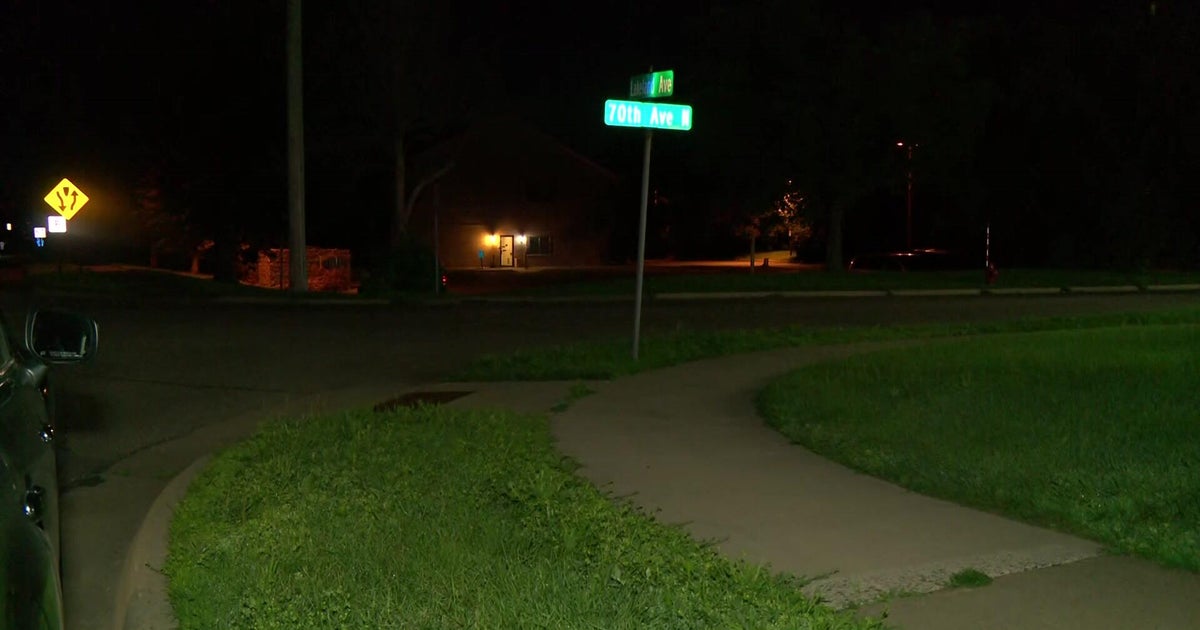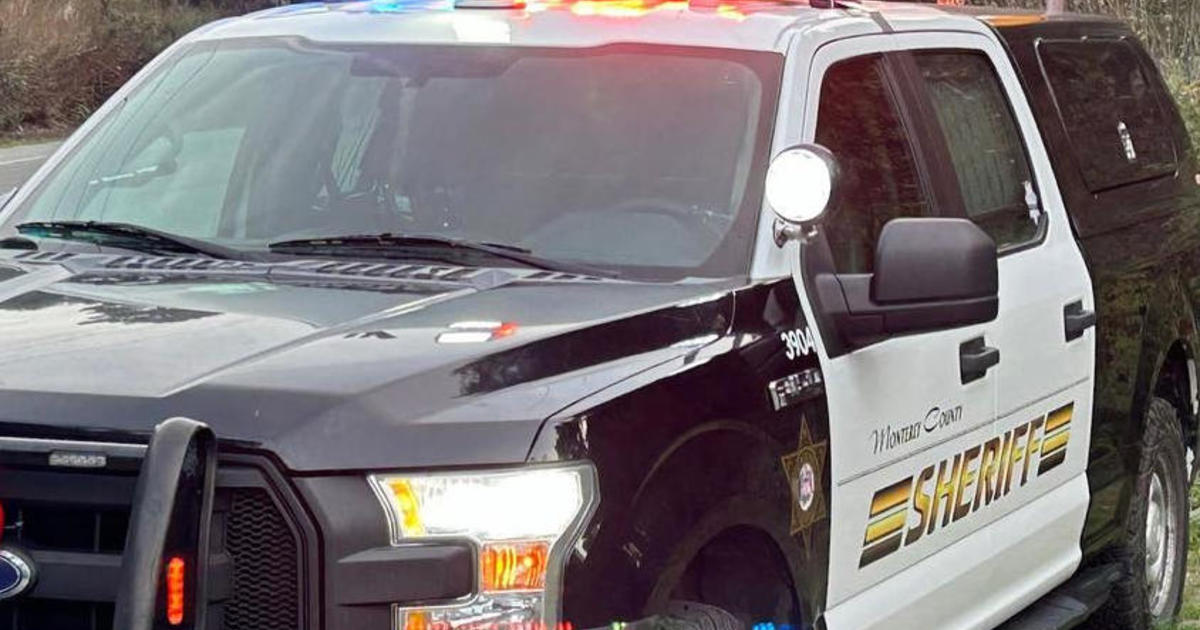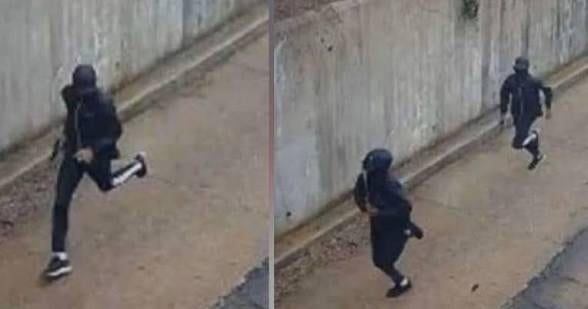Bryan Kohberger case: 3 remaining unanswered questions
PHILADELPHIA (CBS) -- Bryan Kohberger is now in custody in Idaho after making an initial court appearance Thursday, charged with the murders of four University of Idaho students.
The victims, identified by CBS News as Kaylee Goncalves, Madison Mogen, Xana Kernodle and Ethan Chapin, were found dead on Sunday, Nov. 13 after a 911 call to the their rental home in Moscow, Idaho.
Kohberger, a 28-year-old Washington State University Ph.D. student, was free for more than a month before law enforcement arrived at his parents' home in Albrightsville, Pennsylvania and arrested him.
Investigators focused in on a white Hyundai that was seen on surveillance videos taken near the scene of the crime, a rental home in Moscow, Idaho. A search of vehicles registered at WSU showed a white Hyundai registered to Kohberger, according to the affidavit in the case. Indiana police later pulled over Kohberger and his father as they drove to the Poconos in a white Elantra, body camera video shows.
You can read the probable cause affidavit in Kohberger's case here. The document also details the use of DNA and cell phone records in the case.
Kohberger was extradited from Pennsylvania to Idaho this week to face charges.
But there are still unanswered questions as he sits in the Latah County Jail in Idaho, where he's being held without bail. Investigators are not going to share much more information in order to avoid problems if the case goes to trial, CBS News reports.
What is the suspected motive in the killings?
A possible motive for the killings has not been revealed. The probable cause affidavit focuses on cell phone records, the search for a white Elantra and a knife sheath found at the scene.
DNA on that sheath matched DNA found in the trash at the Kohberger home in Pennsylvania, authorities say.
Is there more evidence?
Multiple pages in the affidavit mention cell phone pings and a housemate's "frozen shock" upon seeing a masked man walking through the home.
The 19-page document might not be everything investigators have, though.
"Remember, in the probable cause affidavit, they just need to put enough evidence to substantiate the arrest," criminologist Casey Jordan told CBS Philadelphia. "They don't have to show all the evidence that they have that might come out at trial. So there could be other things."
"I would not be at all surprised if there is more information that is going to come forth," Jordan said.
What was his connection to the victims?
This question ties into the motive. Authorities were able to obtain a warrant for the suspect's phone records to see if his phone had been in the vicinity of the students' home on any occasion prior to the crime.
According to the police affidavit, the cell phone pinged in the area on at least 12 occasions prior to Nov. 13. On all occasions except for one, the occasions occurred "late in the evening, and early morning hours on their respective days."
Police said they pulled the records to determine "if Kohberger stalked any of the victims" before the crime.
But his connection to the victims has not yet been established.
A report on this case titled "The Idaho Student Murders" is airing Saturday, Jan. 7 at 10/9c on CBS and streaming on Paramount+.







